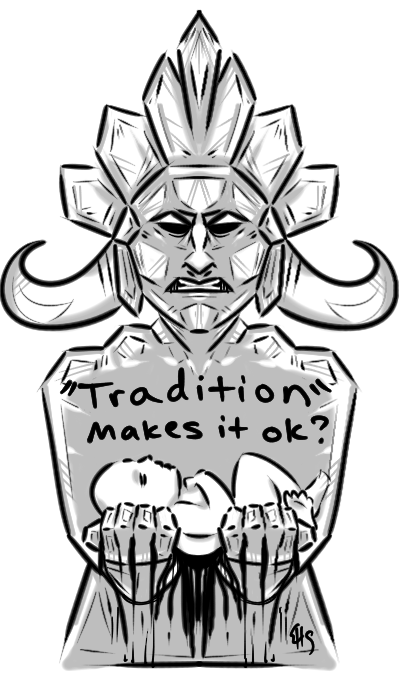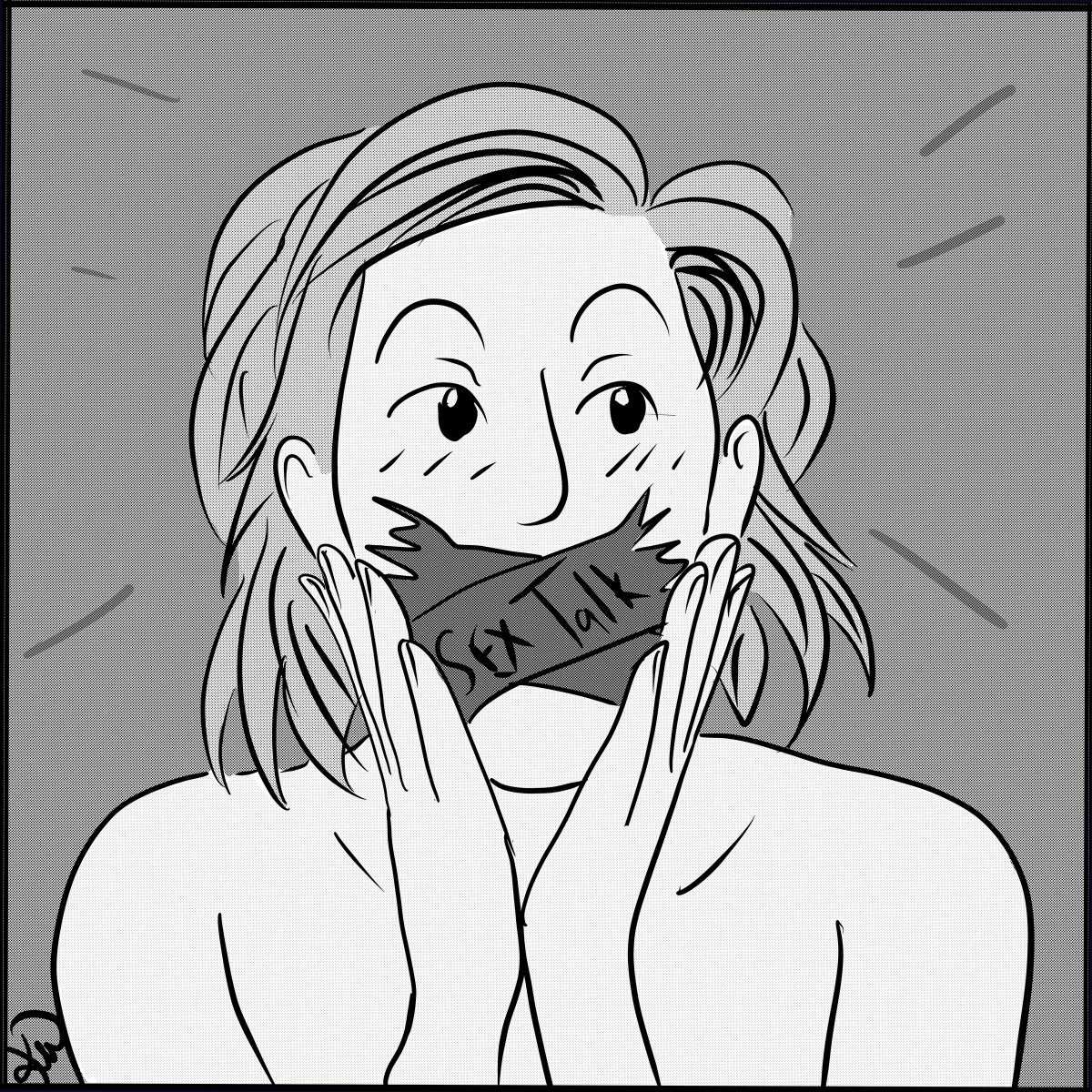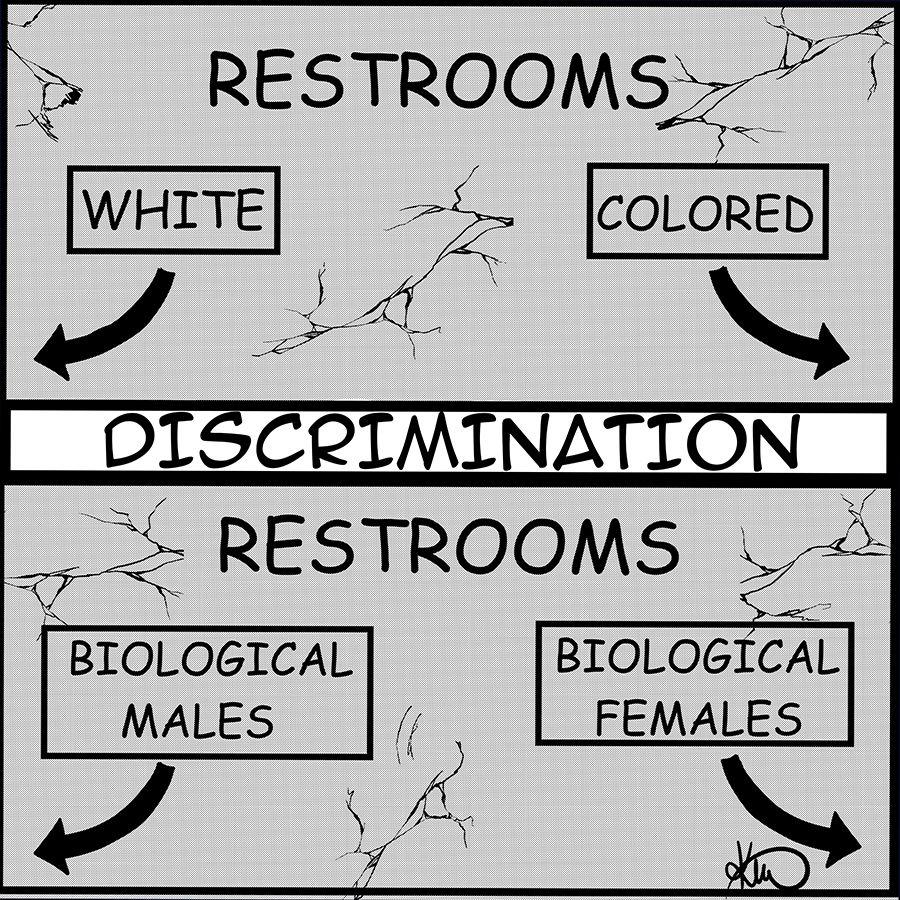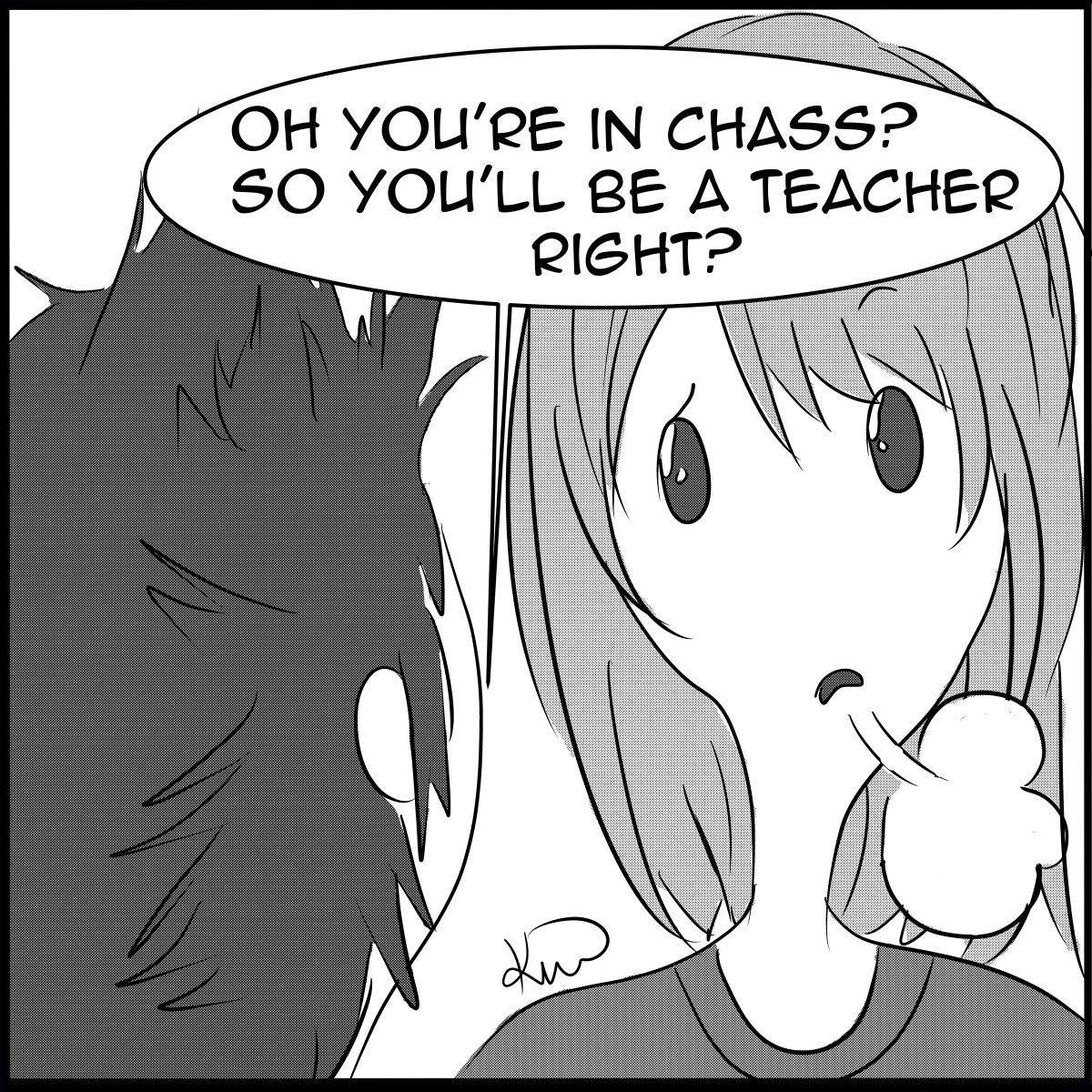About a month ago in my anthropology class, we discussed the Yanomami, a tribe of people in South America who have been heavily studied by anthropologists for several decades.
World-famous anthropologist, Napoleon Chagnon , my professor said, has made a number of enemies as a result of his writings regarding the Yanomami. Chagnon refers to the Yanomami as primitive and says they have not undergone the evolution of cultures he deems modern. He has been accused of using gruesome methods to attain data and his assertion that the Yanomami people are fierce and war-ready has been questioned by many.
Yet, through this discussion, my classmates and I were, at best, lukewarmly interested. When my professor brought up Kenneth Good , however, the class discussion took a heated turn.
Good had worked with Chagnon among the Yanomami and had eventually married a Yanomami woman. Well, woman may be the wrong term. The Yanomami don’t keep track of age, but it is estimated that Yarima, Good’s wife, was not any older than 12. Good, at the time, was 36.
“That’s just wrong,” some classmates said.
“It’s a different culture,” others argued. “We shouldn’t be ethnocentric.”
And they are right, it is a different culture. Human rights, however, are not unique to individual cultures.
Culture does not exist in a vacuum. Geographic distance and language barriers can surely divide people, but there is no defined divide in culture. It is not only inevitable, but necessary, that cultures develop together in order to survive.
And it’s not that there is a better culture that holds all the answers. This is not a declaration of Western ideology having uncovered the ultimate truths of morality, but rather an invitation to open the discussion (which, by the way, means the challenging of Western ideals) of where the line of tradition and civil rights violation should be drawn.
The answer is not as simple as conversion because one group cannot simply change another. That does not only cause tension, but has no hope of being long-lasting. This, however, does not mean one simply stands back and allows time to tick in hopes something will occur to catalyze change.
To stand back and pretend that blatant violations of human rights are justifiable through culture is to cower in fear.
We are afraid of being ethnocentric and that it’ll lead to the destruction of a culture different from our own, but to make the assumption that culture relies only on a numbered list of traditions is to fail to recognize that culture is derived from people.
Culture is not simply tradition. Culture is people.
And as people wrestle with ideas, their culture morphs with them. To treat it as something etched in stone once and forever is to fail to see culture as living, growing, changing and adapting, and to say that is to say people do not have the capabilities to grow, change and adapt.
Protecting human rights is not to superimpose one culture over another; it is to understand and make relevant the importance of protecting the rights of every human in the world. It is not a call to shame those who do not agree with us, but to recognize the differences and similarities between us in order to better inform a universal thought process. To do this we must make protecting human rights culturally appropriate but not allow culture to excuse abuses.
Ultimately, if we prefer to protect culture over people, we fail to fulfill our responsibilities as citizens of a world culture.
Estefania is a sophomore studying communication and plant biology.
















